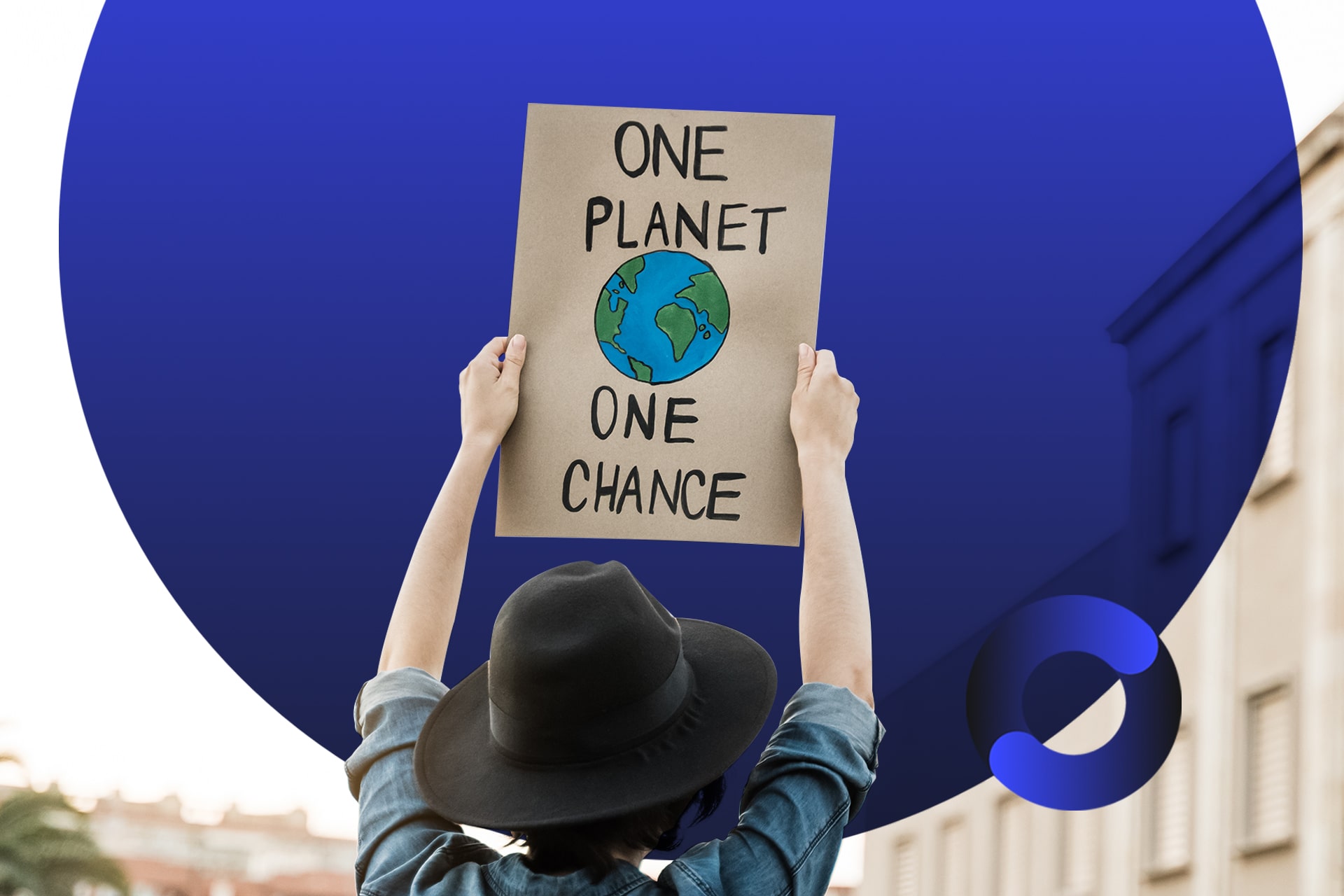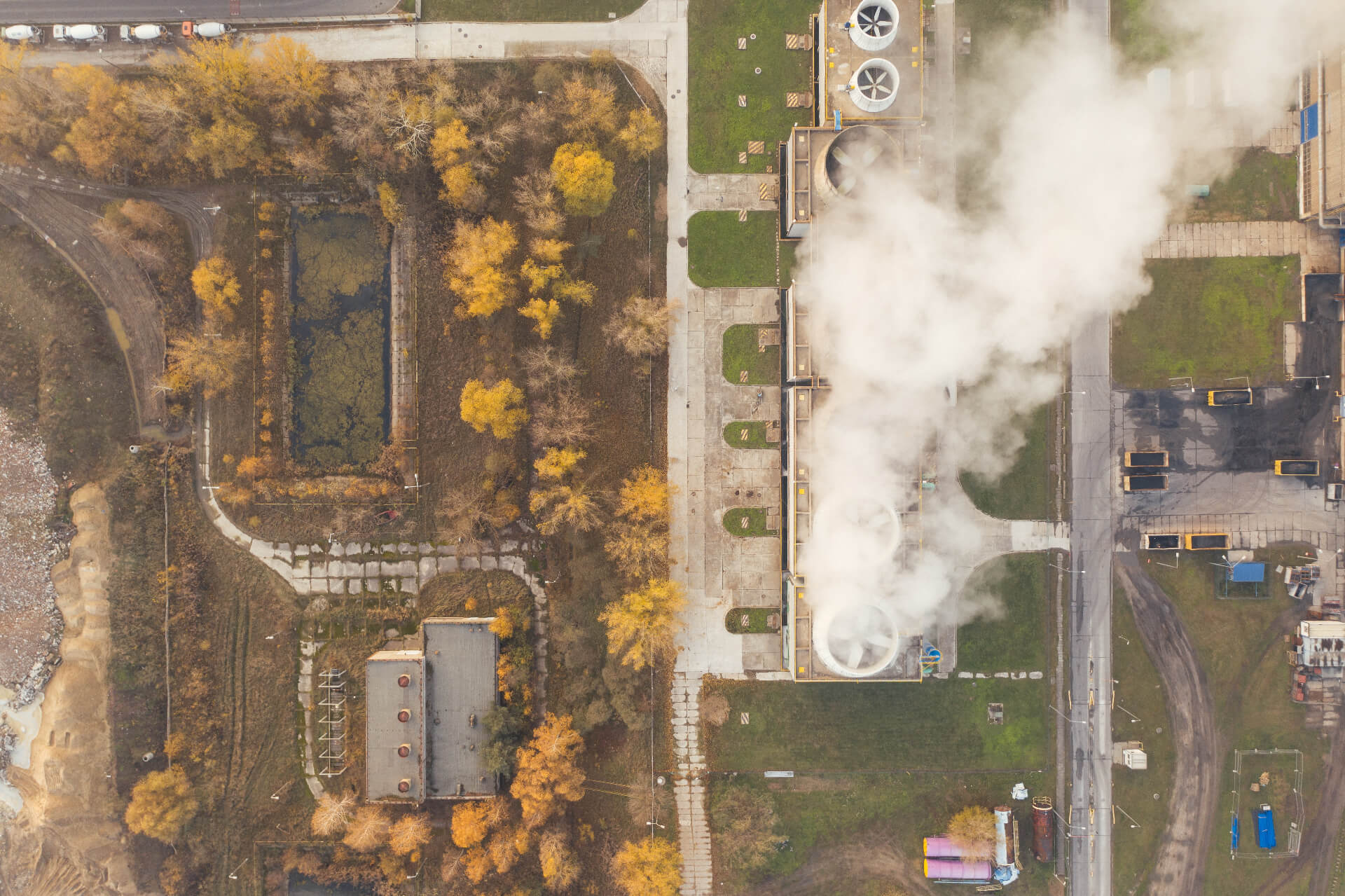
Simple Ways You Can Help Reverse Top Environmental Issues
April 20, 2018 - Emily Newton
Revolutionized is reader-supported. When you buy through links on our site, we may earn an affiliate commision. Learn more here.
In spite of what the current presidential administration wants you to believe, the climate is changing and the planet is in trouble. With Earth Day coming up, now is the perfect time to step back and take a look at the impact we have on the environment. It might seem like a daunting task, and it is definitely not one that any single person can do alone, but there are simple things you can do in your own home to help reverse top environmental issues we face as a species. Let’s take a look at what we can do to solve some of the biggest problems, one person at a time.
Jump to: Improve Public Health | Improve Land Management | Improve Waste Disposal | Prevent Overpopulation | Prevent the Loss of Biodiversity, Ecosystems and Endangered Species | Prevent Water Pollution | Prevent Pollution | Stop Deforestation | Stop Climate Change
How You can Help Improve Public Health
Public health is a universal concern, and something we can all take steps to help address. We’ll get more into steps we can take to reverse the environmental issues, but for public health in general, you can:
- Start adopting healthy habits at work. Enjoy a fruit plate instead of a box of donuts. Stay home when you’re sick and encourage healthy handwashing techniques to prevent the spread of germs and viruses.
- Volunteer or Pursue a Career in Public Health. Public health is one field that can always use more help, and even if you don’t decide to change careers, volunteering in the field can be one way to help.
How to Improve Land Management & and Prevent Urban Sprawl
Urban sprawl isn’t something one person can fix. It will require the cooperation of the community and the city. On the individual level, the best thing you can do is get involved. Run for office, if possible, but stay involved in community panels that make decisions about land management in your area. Vote if land management related legislation makes it onto your local ballot and encourage others to vote as well.
How You Can Improve Waste Disposal
The best thing you can do to help reverse the damage caused by waste disposal is to reduce the amount of waste you produce. Recycle everything you can. Choose items that use less packaging. If you have one in your area, shop at a zero-waste supermarket that allows you to buy items in bulk with your own reusable packaging. If we could get every person in the United States to reduce their daily waste by one pound a day, that’s more than 325 million pounds of garbage that wouldn’t clog up our landfills or join the massive plastic island floating in the Pacific Ocean.
How Communities Can Prevent Overpopulation
How do you prevent overpopulation?
Don’t have kids.
Ok, if we’re serious, that’s only one small step in preventing overpopulation.
Start campaigning for comprehensive sex education for the new generations – and for anyone who was failed by the public-school system or abstinence-only education. Studies have found that abstinence-only education actually results in higher teen pregnancy rates.
If you don’t have kids yet, consider keeping your family to one or two children. Two births per woman is necessary to maintain population stability without excessive growth.
How You Can Prevent the Loss of Biodiversity, Ecosystems and Endangered Species
When shopping, look for eco-labels. Labels like Fair Trade, USDA Organic, Green Seal and Marine Stewardship Council all indicate that you buy products harvested in a way non-damaging the environment.
Recycle as much as possible and try to reduce your waste. Buy recycled wood and other recycled wood products to help reduce your impact on the world around you. Buy sustainable products wherever possible.
How You can Be Mindful of Water Scarcity & Prevent Water Pollution
Stop thinking of your tap water as an infinite resource; be smarter about the way you use water. Even simple things, like turning off the tap when brushing your teeth and taking shorter showers can help save hundreds of gallons of water a year.
Upgrade your house with low flow taps and toilets. Cut down on your irrigation — don’t water your lawn as often, or water early in the morning or late in the evening to cut down on evaporation.
How You Can Prevent Pollution in General
Recycle, recycle, recycle. And then recycle some more. Recycling prevents 85 million tons of waste from being dumped in landfills or in oceans every year.
Drive less, or switch to a hybrid or an electric car to reduce your greenhouse gas emissions. If trading your car in isn’t an option, try carpooling, walking, riding a bike or using public transportation. If possible, switch to green energy sources like wind or solar.
Purchase things made from recycled materials, then recycle them when done.
Compost — make a pile in the corner of your yard for things like food waste and yard clippings. Not only does this reduce the amount of waste sent to landfills, but it also makes amazing fertilizer for your plants.
How You Can Help Stop Deforestation
You don’t have to protest by climbing trees or anything — though that doesn’t hurt. Start by focusing on the products you use and the products you buy. Only purchase products made with recycled paper or wood. Nearly all paper products can be recycled and turned into something new, with the exceptions things like toilet paper but no one wants to recycle used toilet paper anyway.
Go paperless as much as possible. Stop printing everything and rely on digital alternatives. Even grocery stores have switched to digital coupons so you don’t need to print them out anymore.
Eat less meat. Many areas that have been stripped of trees are now used to raise the cows and pigs you enjoy for your dinner. Eating less meat helps to reduce your individual impact.
Avoid palm oil and palm oil products. Most palm oil isn’t sustainably produced, which contributes to global deforestation.
Plant some trees. You may not replant the entire rainforest, but every tree you plant helps to counter, in a small way, the thousands of trees cut down every single day.
How to Minimize Your Contribution to Climate Change
The trick to reducing our individual impacts on the planet — if we all start making small changes, they’ll add up quick. Things like switching to a vegetarian diet or reducing meat intake can help to decrease your carbon footprint.
Eat locally sourced meat and produce wherever possible. If buying local, your food doesn’t have to travel as far, so the trucks and planes that carry your food don’t have to burn up as many fossil fuels.
Switch to a low-emissions car, a hybrid or an electric car. If that’s not an option, carpool, use public transportation, walk or ride a bike.
Recycle. Yes, we’ve already covered this but landfills are responsible for roughly 15 percent of human methane emissions — another potent greenhouse gas — and release carbon dioxide as well. Keep as much waste out of the landfill as possible.
Get an energy survey done of your home and figure out the best way to reduce your energy usage. Turn off your lights, unplug things not in use, and upgrade to Energy Star appliances and LED light bulbs.

There are so many things you can do to help reduce your impact on the planet — it can be hard to list them all. The first step you should take to help reverse top environmental issues is to change the way you think about our planet and its resources — even the sustainable ones won’t last forever, and it’s up to us to be smart about their use. Secondly, you should continue reading about current environmental issues and educate your friends. A bunch of small changes can add up quickly — become the first snowflake to start the climate repair avalanche.
Revolutionized is reader-supported. When you buy through links on our site, we may earn an affiliate commision. Learn more here.
Author
Emily Newton
Emily Newton is a technology and industrial journalist and the Editor in Chief of Revolutionized. She manages the sites publishing schedule, SEO optimization and content strategy. Emily enjoys writing and researching articles about how technology is changing every industry. When she isn't working, Emily enjoys playing video games or curling up with a good book.





Really awesome, please keep sharing your articles